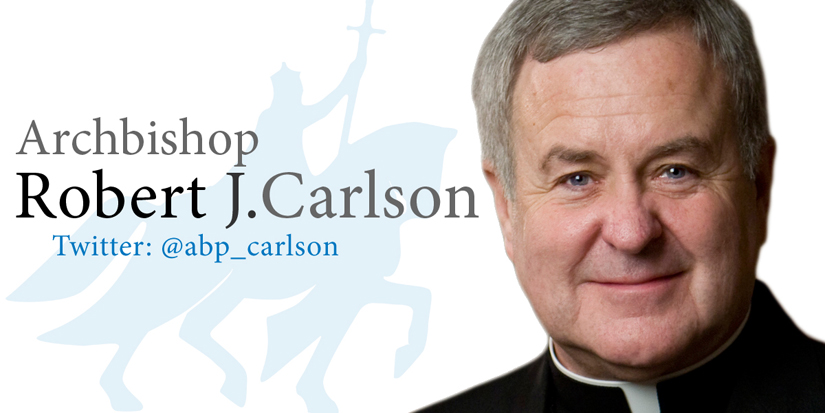BEFORE THE CROSS | God’s power, our free will are meant to work together

In the readings this week, we hear the famous story of the Israelites worshiping the golden calf. Most people remember that Moses smashed the Ten Commandments in response, a sign that the people of Israel had broken their covenant with God. Fewer remember how he melted down the calf, had the gold ground into powder and mixed with water, and made the Israelites drink the water. The episode raises interesting points about the relation between God’s power and the power of sin.
Strictly speaking, of course, nothing can limit God’s power. That’s what it means for God to be omnipotent — the only divine attribute explicitly named in the Creed.
But there’s a sense in which something can limit God’s power. God wants us to be with Him forever in heaven. But He gives us free will, which allows us to choose sin. We’re able to choose sin so permanently and definitively that we exclude ourselves from heaven (see the definition of hell in the Catechism of the Catholic Church 1033 and the treatment of mortal sin in CCC 1861). In that sense, we can overcome God’s power by sin.
How can both of those things be true — that nothing can limit God’s power and that our sins can? Theologians have worked out some careful distinctions to explain it, but a simple analogy applies. On a common-sense level, a table is as solid as can be. On an atomic level, however, the same table is comprised mostly of empty space. Both points are true: the table is solid, and it’s mostly empty space. There’s no real contradiction, even though they appear to be saying opposite things. The same is true of the relationship between God’s omnipotence and the power of sin.
Why does it matter? Because if we hold onto the truth of God’s omnipotence and forget the truth about sin, we can convince ourselves that our salvation is inevitable because God desires it and God is omnipotent. This might lead to laziness in the spiritual life: “I don’t have to do anything because God has already guaranteed my salvation.” That’s a dangerous attitude because it neglects the truth that the offer of salvation requires our free response, and we can ultimately reject it.
When Moses made the Israelites drink the powder from the golden calf, he made another important point about the power of sin: When when we’re forgiven we still suffer the consequences of sin — we have to “drink” the fruit of our sins. How can it be both? If God forgives us, aren’t we free from the consequences of sin?
The Catechism distinguishes between two things. The eternal consequence of sin is separation from God. The temporal consequence of sin is an attachment to the world that needs to be cleansed. (CCC 1472 – 1473) The eternal consequence of sin can be forgiven as a result of God’s power. As the Catechism notes: “God reveals His fatherly omnipotence … by His infinite mercy, for He displays His power at its height by freely forgiving sins”. (CCC 270) But when we’ve become attached to a sin by our free will — the temporal consequence of sin — our free will needs to cooperate with God’s grace in healing that attachment.
God’s power and our free-will are meant to work together. Will we foster that cooperation today?
RELATED ARTICLE(S):FRENTE A LA CRUZ | El poder de Dios y nuestro libre albedrio están destinados a trabajar juntos
In the readings this week, we hear the famous story of the Israelites worshiping the golden calf. Most people remember that Moses smashed the Ten Commandments in response, a sign … BEFORE THE CROSS | God’s power, our free will are meant to work together
Subscribe to Read All St. Louis Review Stories
All readers receive 5 stories to read free per month. After that, readers will need to be logged in.
If you are currently receive the St. Louis Review at your home or office, please send your name and address (and subscriber id if you know it) to subscriptions@stlouisreview.com to get your login information.
If you are not currently a subscriber to the St. Louis Review, please contact subscriptions@stlouisreview.com for information on how to subscribe.




